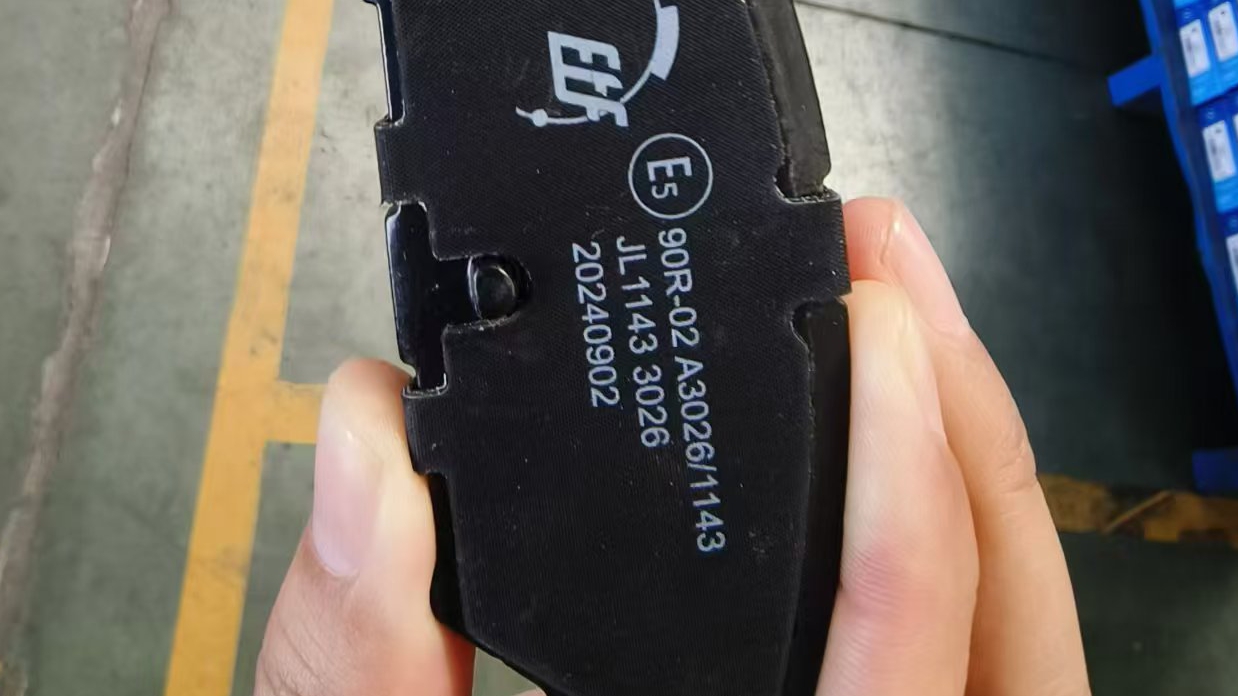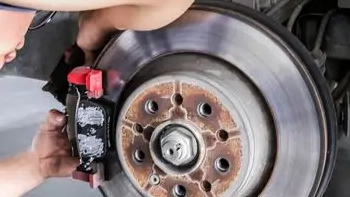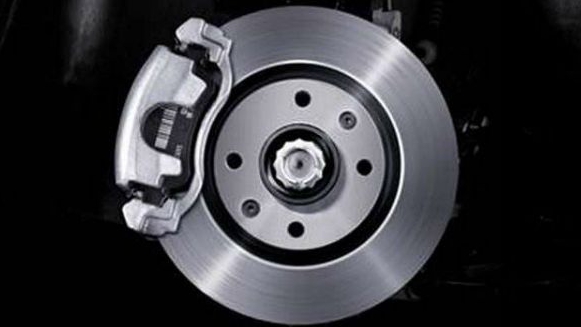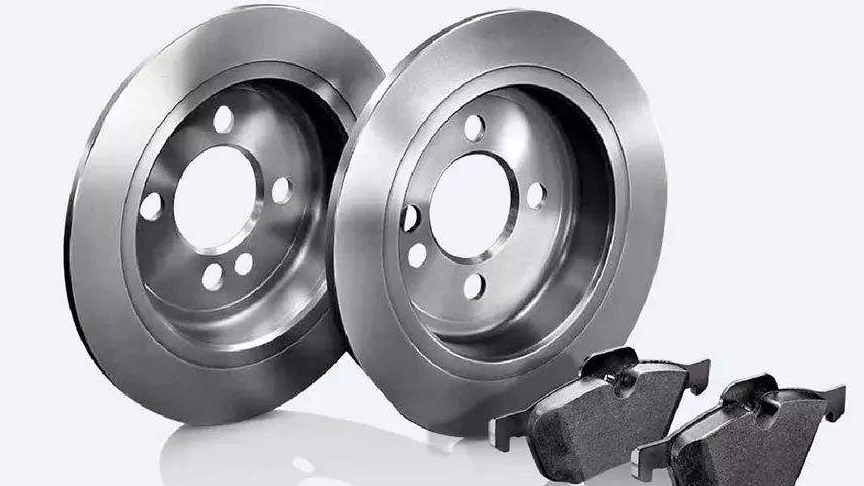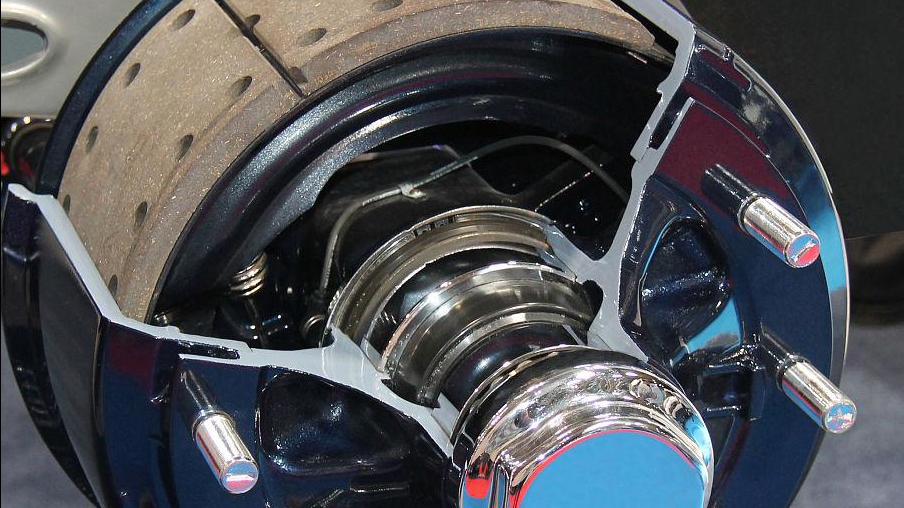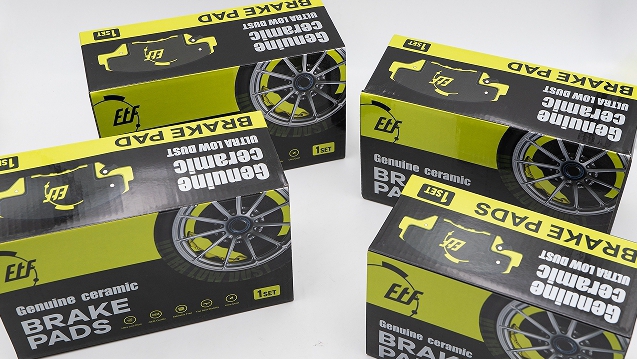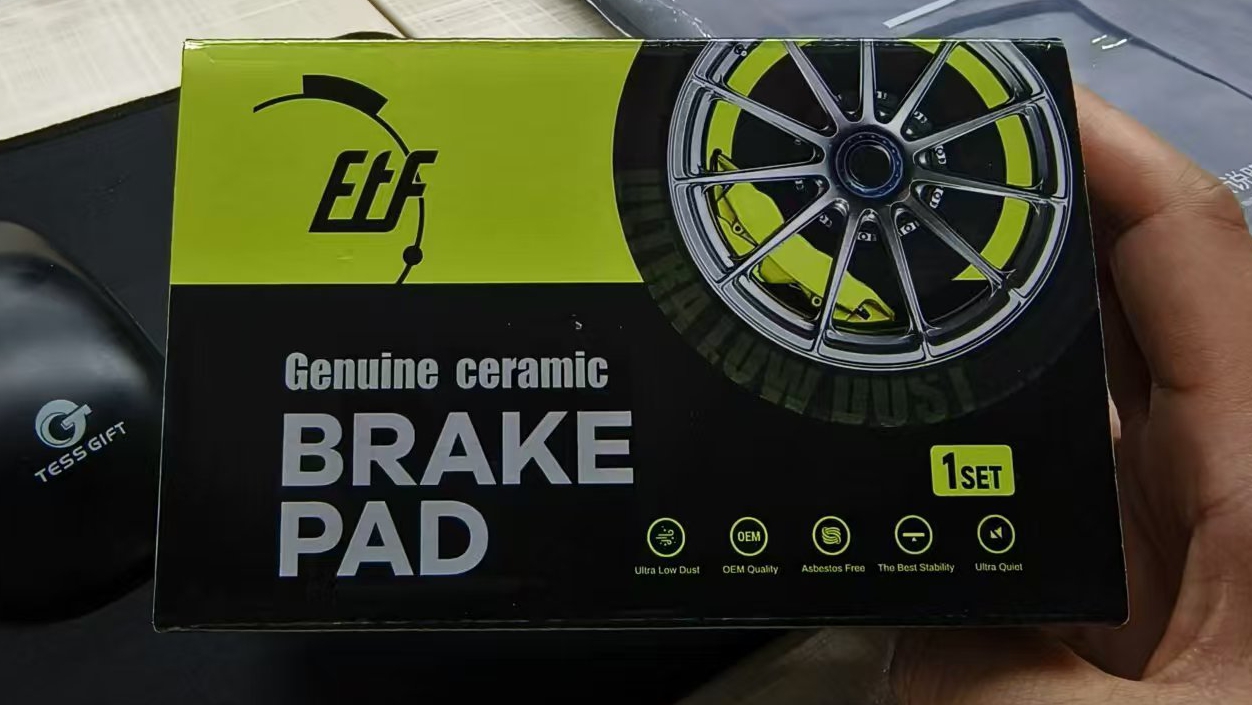When to Replace Brake Pads?
Brake pads are essential components of your vehicle's braking system, and maintaining them in optimal condition is crucial for the safety of both you and other drivers on the road. On average, brake pads should be replaced every 30,000 to 40,000 miles, but this interval can vary depending on driving conditions and habits. Fortunately, you'll likely notice minor symptoms when your brake pads are nearing the end of their life, making diagnosis and repair straightforward.
What Are Brake Pads?
Brake pads, along with several other brake system components, are responsible for stopping a vehicle. They are crafted from unique materials that maximize friction. When you step on the brake pedal, the brake system converts your vehicle's kinetic energy into thermal energy; the heat generated by friction is used to slow or stop your car. While a car's braking system comprises several components like rotors, calipers, hydraulic fluid, cylinders, and hoses, the brake pad is often the component most people think of when they hear the word "brakes." All system components are equally important, but if one fails, the entire system fails. It is the brake pad that arguably does the tough work. When the brake pedal is depressed, the system's components work together through hydraulic pressure to push the brake pad against the rotor, forcing the car to slow down or stop. The intense friction and heat created by the pad gripping the rotor cause wear, which is why it is the component of the braking system that needs to be changed most frequently.
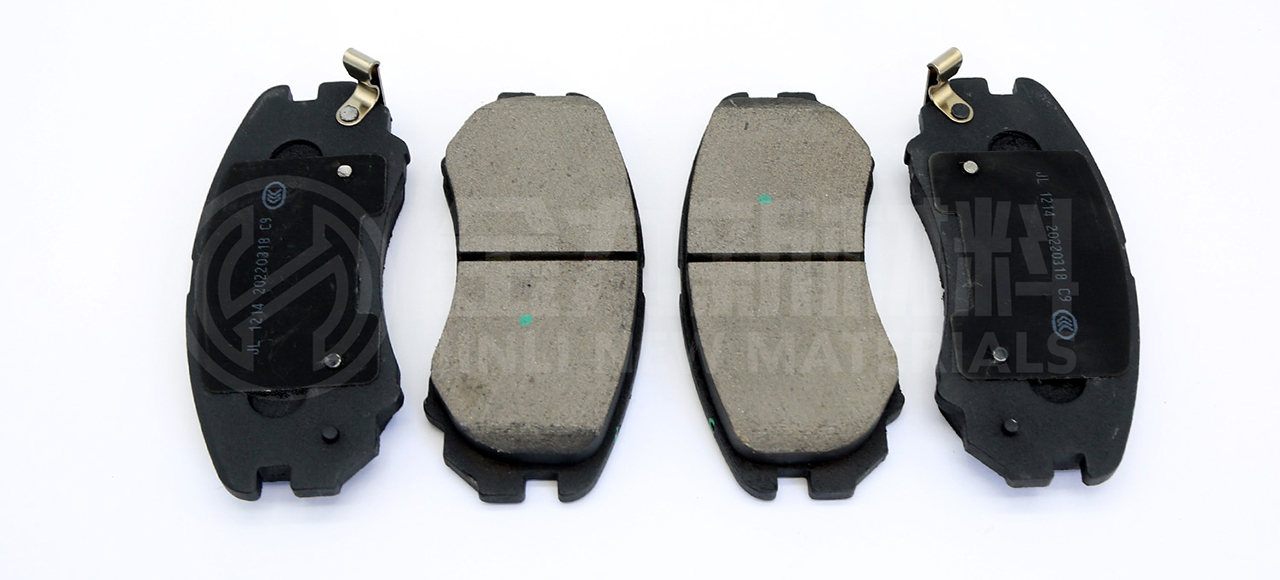
What Happens When Brake Pads Wear Down?
When you apply the brakes, you cause wear and tear on your brake pads. For every brake pad, whether ceramic, organic, or metallic, this friction causes a small amount of the protective coating to wear away. Over time, this deterioration accumulates. As your brake pads become thinner, they will eventually reach a point where they should be replaced. Here are some signs to look for to know when to replace brake pads:
1.Screeching or Squealing Noises?
Usually, the first indicator any driver will notice is a squealing, screeching, or whining noise when the brakes are engaged. This sound is typically caused by a small, metallic shim indicator embedded in your brake pad for this purpose; if you hear it regularly while braking, it's likely time to bring your car to a brake specialist for an inspection. When the brakes are exposed to wet, damp conditions, such as after a rainstorm, a thin layer of dust may form on the brake pads and cause a similar screeching sound during braking. If the sound disappears after the first few times you use your brakes, that's a good indicator that it's just a bit of rust on the brake pad, and the brake pad doesn't need to be replaced.
2.Less Than a Quarter-Inch of Brake Pad?
You can visually inspect your brake pads to know if it's time to have them replaced. Look through your tire spokes, and you should see your brake pad compressed against your brake rotor. If the pad is less than a quarter-inch thick, you should consider having your brakes inspected, especially if it's been a long time since your last inspection.
Deep Metallic Grinding and Growling
If you hear a deep, low noise that sounds like metal grinding or a rumbling growl, that can be a sign that not only are your brake pads worn away, but your brake disc and calipers are making contact. You should bring your vehicle to a service shop as quickly as possible if you hear this type of noise, as this metal-on-metal contact can quickly cause further damage to your braking system.
Brake Pad Indicator Light Comes On
Most modern vehicles come with brake warning lights that appear on your dashboard. One is your Antilock Braking System (ABS) light, and the other is your brake system warning light. Your brake light won't always come on when there's an issue; it's also the light that appears on your dashboard when your parking brake is engaged. However, if you see a brake warning light and your parking brake isn't engaged, it's time to have a brake expert take a look at your system to diagnose the issue.
Taking Longer to Stop
Another major sign that your brakes need to be checked is a loss of performance when braking. If you're experiencing less-than-ideal stoppage times while braking, it may mean your brake pads are worn down entirely or that your brake fluid is low. In that case, you'll want to get to a brake mechanic as soon as possible to ensure you don't lose all braking abilities.
Other Indicators of Brake Issues
There are other symptoms of brake trouble that don't involve wear to the brake pads. If your brakes don't stop as readily as they used to, this could be due to water or air in the brake fluid, a fluid leak in the system, or a failing brake master cylinder. If you have any of these issues or see a puddle of liquid left behind by your car when parked, visit a trusted repair shop or dealer. If your car pulls to one side during braking, the brakes may be wearing unevenly, there might be a leak in one of the brake lines, or you might have an issue with your steering or front suspension that's unrelated to brakes. If you feel a vibration or pulsation in the brake pedal during normal braking, this means your rotors are warped and require truing to smooth them out, or possibly replacement. If you've been driving aggressively or using the brakes hard while descending a mountain road, this brake roughness might abate when the brakes cool. If the vibration or pulsing continues, that's another sign they need to be inspected.
How Long Do Brake Pads Last?
Brake pads are generally thought to last anywhere from 3,000 to 45,000 miles. However, the actual lifespan will vary from vehicle to vehicle and driver to driver. For example, if you tend to drive most often in urban areas or heavy commuter traffic, you'll be engaging your brakes much more frequently than someone who drives in rural locations or on highways. Some people also tend to "ride the brake," meaning they press and depress their brakes more habitually than other drivers, causing the brake pads to wear away more quickly.
Conclusion
With a little attention and forethought, it can be easy to know when to replace brake pads on your vehicle. If you're looking for the best brake pads, it's advisable to take your time and avoid impulse buying. Lastly, for any brake pad questions, contact us.
